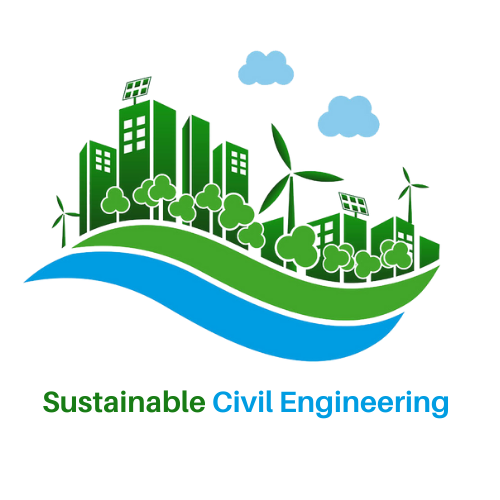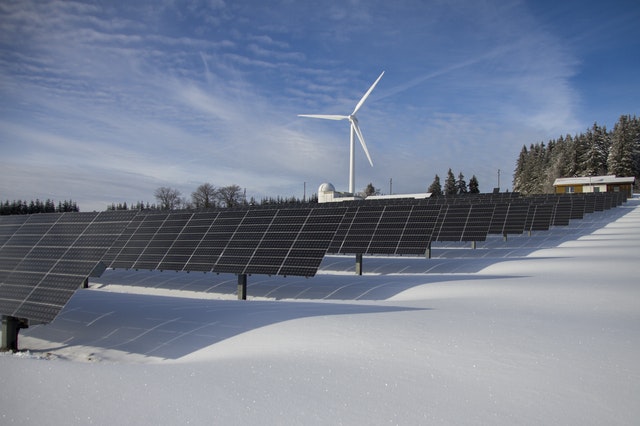Even with all its big-city ills, San Francisco is considered one of the most sustainable cities worldwide. This is due, in part, to the City legislation mandating sustainable development and setting goals, and drafting legislation for utilizing renewable energy, achieving zero waste, and reducing single-occupancy driving trips, among others. Another factor contributing to San Francisco’s sustainable vision is its population. San Franciscans (either born here or transplants) tend to be progressive and well-educated. Therefore, they are supportive of accomplishing sustainable goals, but they also participate extensively in these programs.

If you are a resident of San Francisco, and or work here, and are interested in sustainability, either professionally or personally, you will find a wide range of opportunities and resources, such as:
Transportation
The City has created numerous initiatives that promote alternatives to single-use driving, such as adding bike lanes with help from the San Francisco Bike Coalition (www.sfbc.org) and creating an ordinance mandating employers to provide a commuter benefits program for their staff. This program encourages biking, carpooling, or using public transit as an alternative to one-person-per-car commuting. You can learn more about this ordinance at https://sfenvironment.org/commuter-benefits-ordinance-sf.
A great resource to use when planning your commute in San Francisco, as well as the Bay Area, is the San Francisco Municipal Transportation Agency (www.sfmta.com), which is known locally as “Muni.” They have extensive commuter trip planning information, whether you bike, walk, drive, or take public transit. Additionally, the website includes traffic safety (Vision Zero) and the Sustainability and Climate Action program.
Recycling and Zero Waste
www.sfenvironment.org and www.sfrecycles.org provide information and advice on reducing the amount of waste that ends up in landfills. In addition, SF Environment has set a goal of “0%” waste ending up as a landfill within the next decade or so. Though this goal may seem insurmountable, progress has been made towards meeting it over the last two decades.
Another agency to consider at the state level, though it has a dedicated division with the San Francisco government, is www.greenbusiness.org. Whether you have a shop with 50 employees or work by yourself in a home office, this agency promotes limiting our impact on the environment by reducing anything from office and commercial waste to using eco-friendly cleaning supplies. Additionally, they assist you in setting up your own business waste management plan. You can find more information regarding this topic at https://sfenvironment.org/green-businesses.
Green and Open Spaces
Although San Francisco is a densely populated city, there are parks and open spaces in all districts and neighborhoods. In addition, there is a City initiative titled The Street Parks Program of San Francisco, which has had many successes in creating additional green and open spaces. This program’s general concept is to identify and convert underutilized or, at times, abandoned City properties and turn them into gardens and/or parks. These properties can be street medians, traffic islands, and even public street sections, which are not used or are not needed.
City residents can access this program by identifying a potential site in San Francisco, such as the sites noted above, and then submitting an application describing the project intent. For example, if there is a City lot at the end of a dead-end street, which is not developable for housing or other uses, you can suggest creating a park or garden on that property. The City then reviews your application, which will ultimately require landscaping plans, budget, funding plan, etc. It will accept or reject it based on the information you and/or your neighbors provide. For more information, go to http://sfpublicworks.org/streetparks.
I want to note that the resources described above are a partial list available in San Francisco. These City initiatives and programs also incorporate social justice and equity as requirements to meet their goals since the overall objective is to improve the quality of life for all San Franciscans, especially in areas that have been neglected and/or are economically challenged.
Jorge Romero is an accredited professional in sustainability and a past and current member of various non-profit organizations. He is a principal at PM Workshops, is currently living in Barcelona with his family, but has lived in San Francisco in the past and still calls it home.

